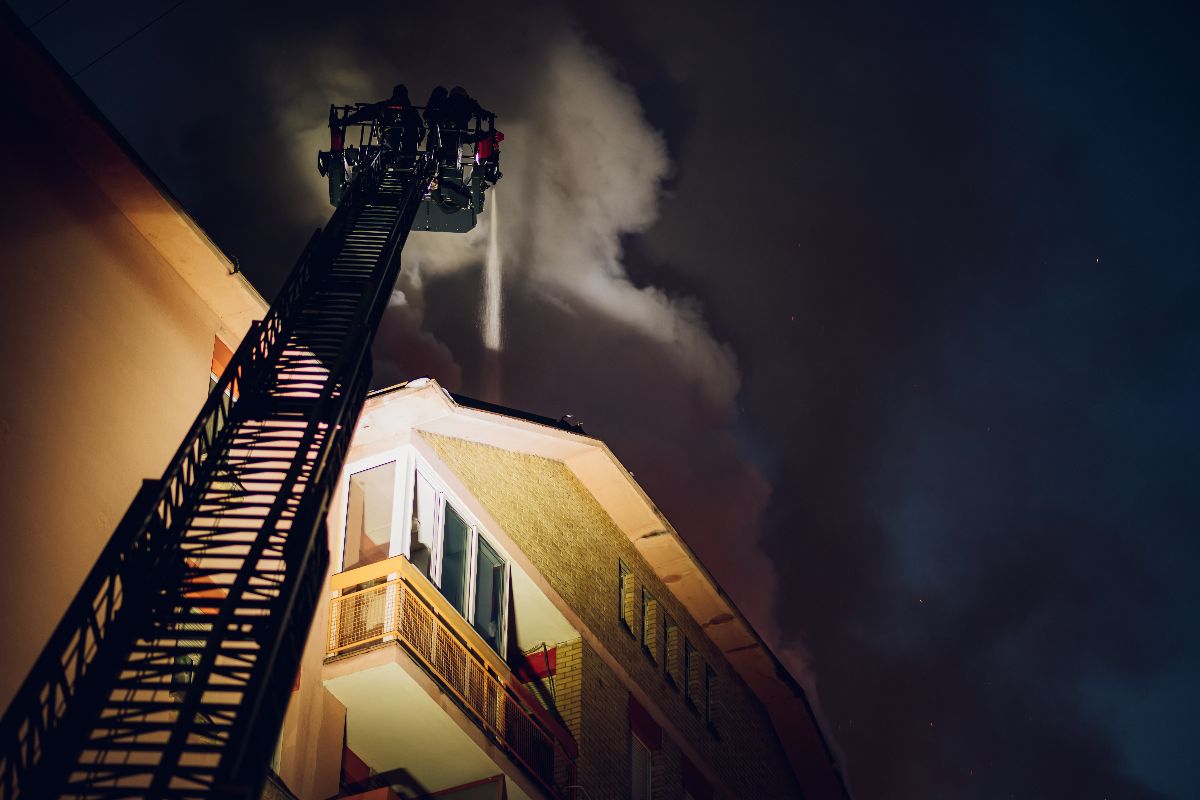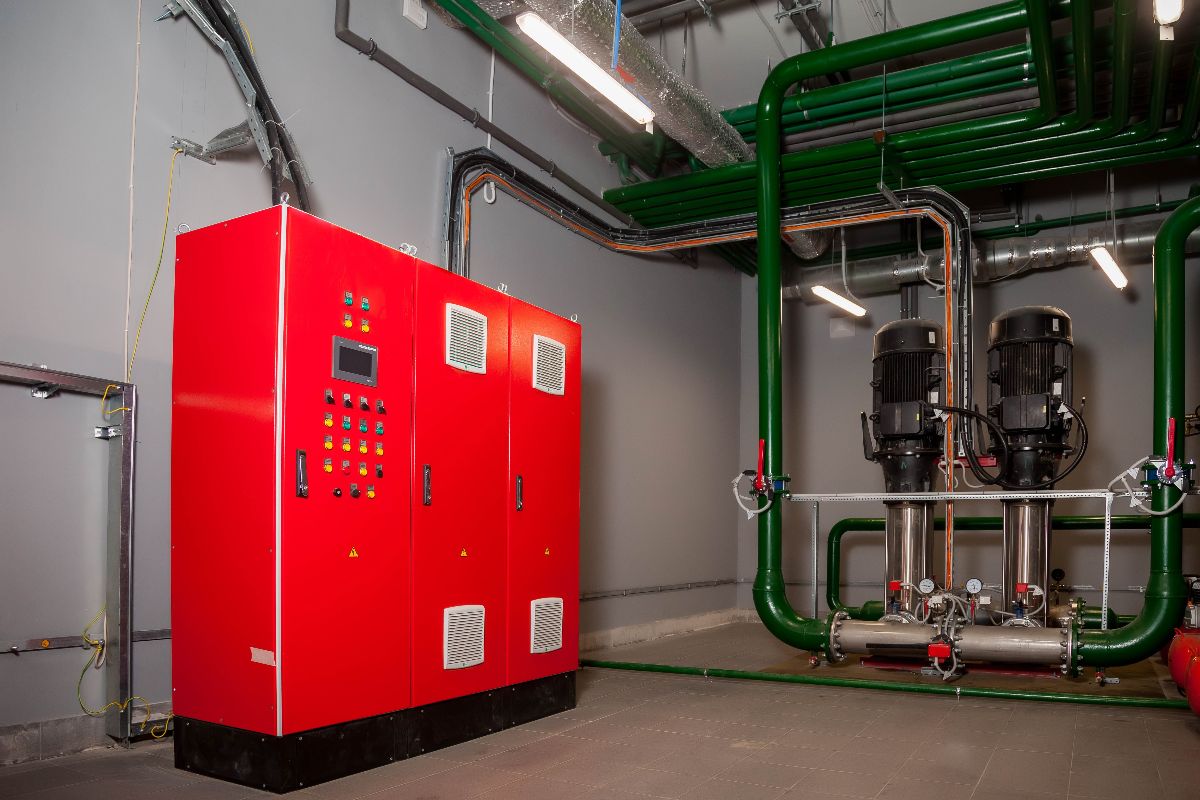Common Causes of Industrial Fires and How Detection Systems Help Prevent Them
 October 10, 2025
October 10, 2025
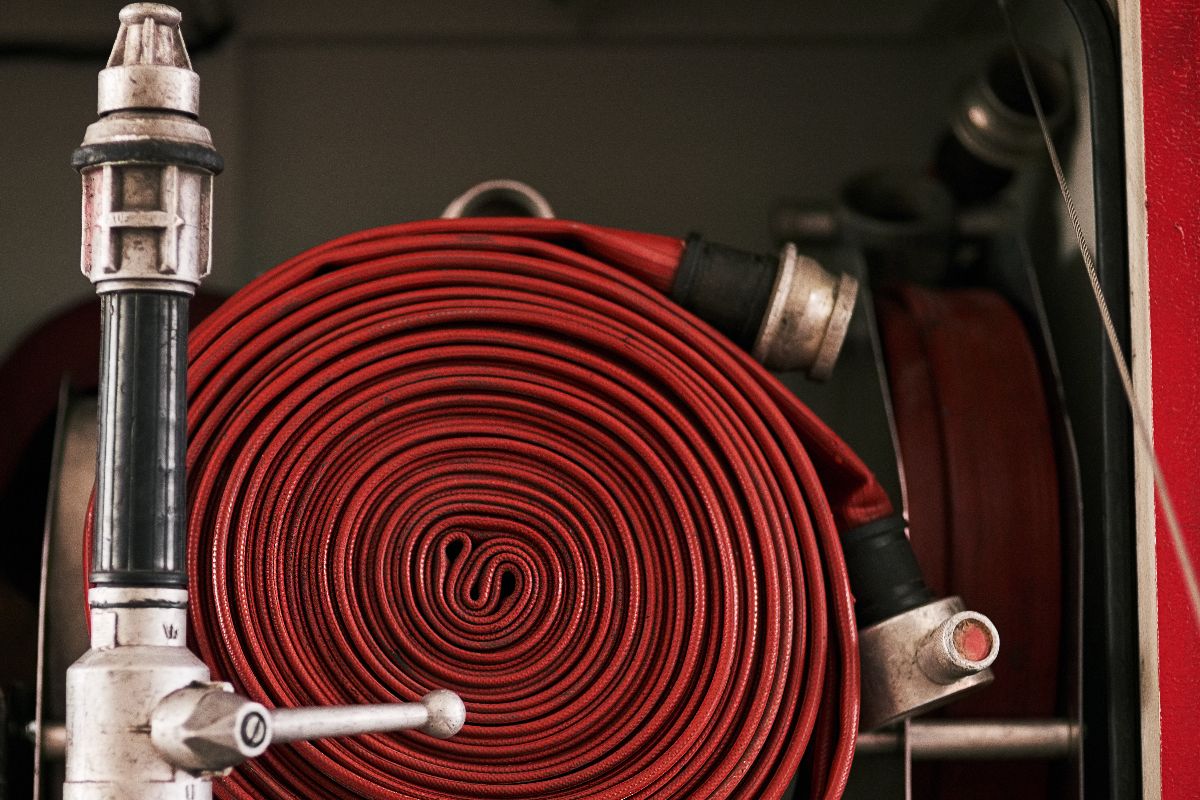
Overview
- Industrial fires in the Philippines often stem from electrical malfunctions, chemical hazards, overheated equipment, hot work, and human error, all of which pose serious risks to property, personnel, and operations.
- Fire detection systems help prevent incidents by providing early smoke or heat detection, automatic alerts, regulatory compliance support, and staff training, allowing prompt intervention and reducing potential damage.
- Industrial PH offers tailored fire detection and alarm solutions with professional installation and maintenance, helping facilities minimize downtime and ensure the safety of both employees and assets.
Industrial fires pose significant risks to businesses in the Philippines, causing damage to property, halting operations, and endangering lives. These incidents can escalate quickly, making it essential for business owners and facility managers to understand the factors that trigger fires in industrial settings.
Many industrial fires stem from predictable hazards that can be recognized and mitigated with the right systems.
To help you maintain a safe and prepared workplace, this article explores the common causes of industrial fires and how fire detection systems help prevent them, offering practical insights to protect your facility, staff, and operations.
Common Causes of Industrial Fires
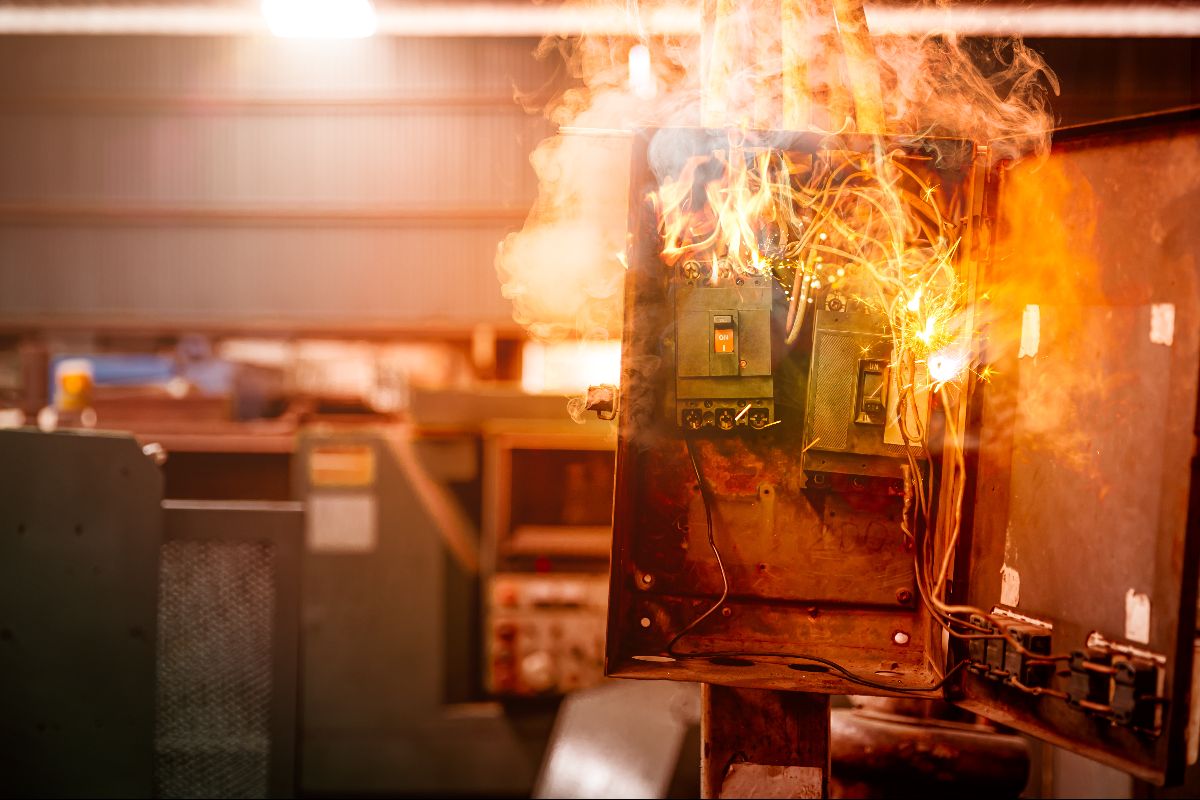
Industrial fires can arise from multiple sources, each presenting unique risks to operations and safety. Understanding these common triggers helps you take proactive steps to prevent incidents and safeguard your facility.
Electrical Malfunctions
Electrical malfunctions are one of the most common causes of industrial fires. Faulty wiring, overloaded circuits, damaged cords, improper connections, and outdated systems can all spark ignition. These issues create sparks or overheating that quickly ignite nearby materials, especially in facilities with heavy power demands.
In the Philippines, many incidents stem from poor installation or lack of routine inspections, making regular maintenance and upgrades critical for prevention.
Chemical Hazards
Chemical hazards occur when flammable liquids, gases, or combustible dust are mishandled or improperly stored. Spills, leaks, and poor containment can easily trigger fires or explosions, while airborne dust can ignite rapidly during processing.
In the Philippines, industries handling chemicals must strictly follow safety practices, as even minor lapses in storage or handling raise the risk of industrial fires.
Overheating Equipment
Overheating equipment is another frequent source of industrial fires. Boilers, furnaces, heating units, and other machinery generate extreme heat that can ignite combustible materials, lubricants, or electrical components when not properly maintained. Malfunctions or overuse under mechanical stress further increase the risk.
Regular inspections and preventive maintenance are essential to keep overheating from turning into fire hazards.
Welding, Cutting, and Hot Work Operations
Hot work operations, such as welding, cutting, and grinding, are well-known fire hazards. These activities produce sparks and open flames that can ignite combustible dust, gases, or nearby flammable materials if safety protocols aren’t followed.
Without protective barriers, training, or regulated permits, these routine operations can quickly escalate into industrial fire emergencies.
Human Error
Human error remains one of the leading contributors to industrial fires. Unsafe material handling, ignoring safety protocols, or leaving equipment unattended can all spark dangerous incidents. Simple mistakes—like improper disposal of smoking materials, misuse of electrical devices, or neglect in monitoring hot machinery—account for many fires. Consistent training and vigilance are key to reducing these avoidable risks.
How Fire Detection Systems Can Assist in Fire Prevention
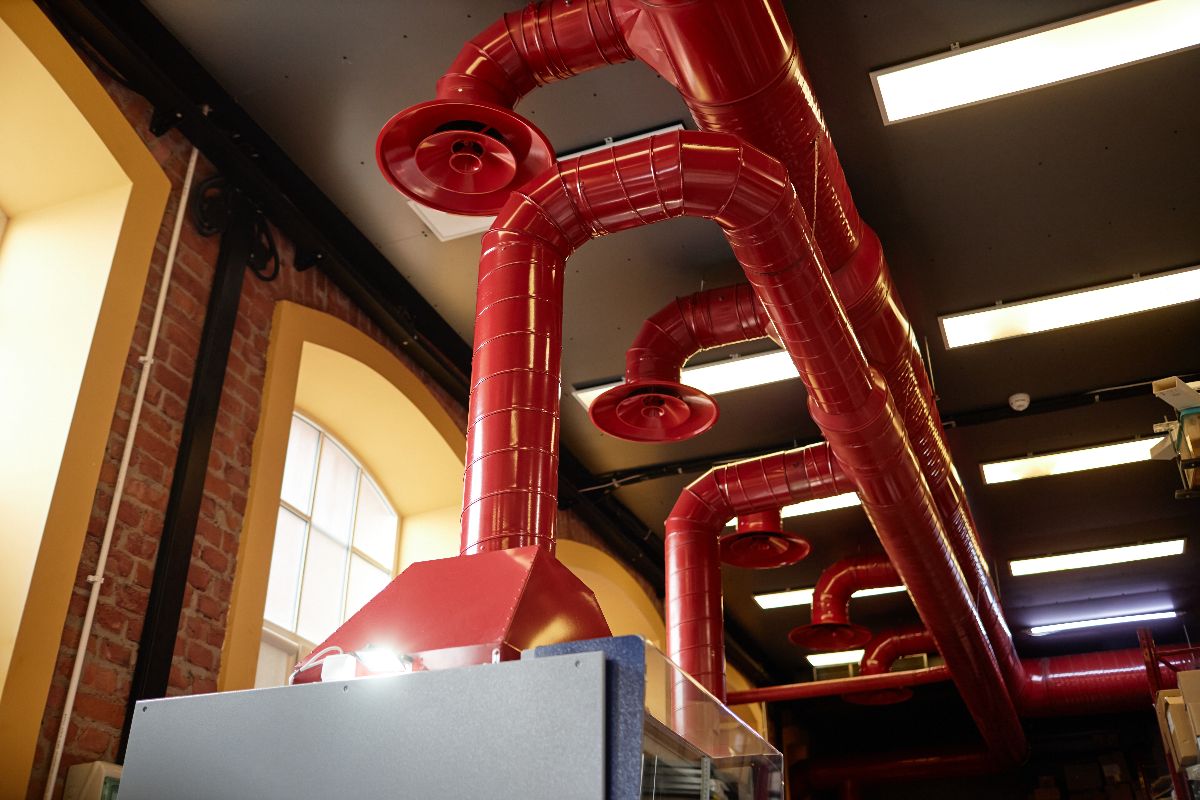
Implementing a fire detection system is about creating an environment where potential hazards are identified before they escalate. These systems help industrial facilities anticipate risks, reduce operational downtime, and protect both personnel and property.
Early Fire and Smoke Detection
Modern fire detection systems sense smoke, heat, or flames at the earliest stages, often before a small hazard can turn into a major fire. Prompt detection allows for immediate action, minimizing damage and giving occupants time to evacuate safely.
With early warnings, you can intervene quickly to prevent costly incidents and protect your facility.
Improved Safety Compliance
These detection systems also serve as a practical tool for meeting regulatory requirements. By aligning with fire codes, these systems enhance workplace safety and reduce potential liabilities.
They encourage regular maintenance and periodic audits, helping ensure that safety practices remain consistent and effective across all industrial operations.
Automatic Alerts
Integrated systems can automatically notify fire response teams and emergency services, speeding up intervention.
Alarms, sirens, or even mobile alerts ensure that no critical moment is lost, helping prevent small incidents from escalating and allowing responders to act decisively.
System Training
Comprehensive fire detection solutions often include employee training on system usage and emergency protocols.
Knowledgeable personnel can react appropriately during fire incidents, supporting risk reduction efforts and reinforcing a culture of safety within your facility.
Find Reliable Fire Detection and Alarm Systems at Industrial PH
At Industrial PH, we understand the unique risks that facilities in the Philippines face. That’s why we provide fire detection and alarm systems designed to protect your operations, minimize downtime, and ensure the safety of your personnel and assets.
Our solutions combine advanced technology with practical support. We offer a range of systems, from conventional to addressable, analog addressable, and wireless setups, providing different levels of detection precision and installation flexibility. Beyond products, we deliver design consultation, professional installation, and comprehensive maintenance, keeping your system reliable and fully operational.
Compliance and expertise are at the core of what we do. All our systems meet local regulations set by the Bureau of Fire Protection (BFP), and our team of certified engineers stays current with the latest fire detection technologies and safety standards. With over 25 years of experience, we guide you from setup to ongoing support, helping you maintain a robust fire protection strategy tailored to your facility’s needs.
Key Takeaway
Being knowledgeable about the common causes of industrial fires at your facilities, you can find the ideal detection system that quickly identifies hazards, minimizes damage, and ensures the safety of your people and operations.
Protect your facility from fire risks with advanced detection systems from Industrial PH. Our solutions are designed to identify hazards early and help prevent costly damage. Contact us today to learn more about safeguarding your operations.
